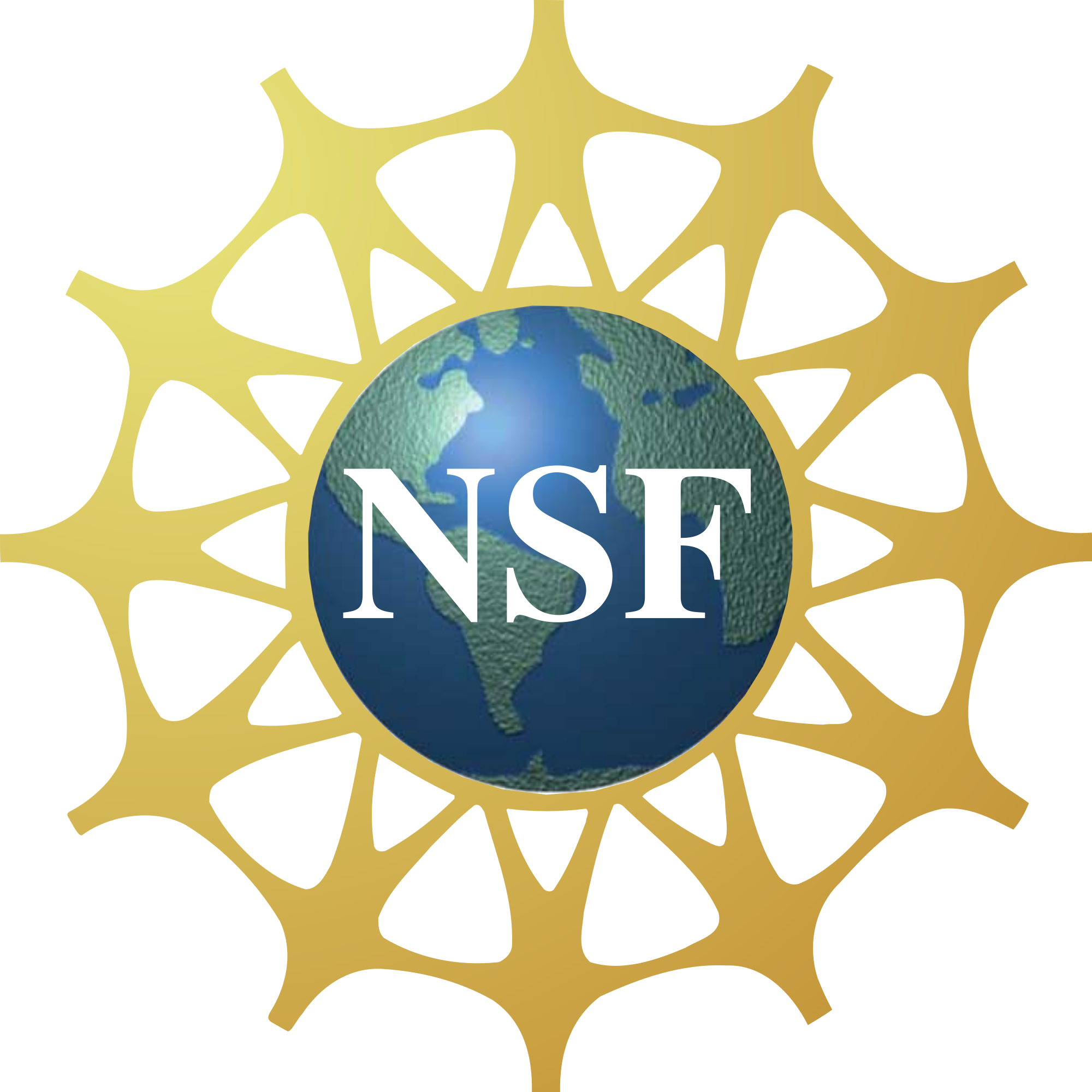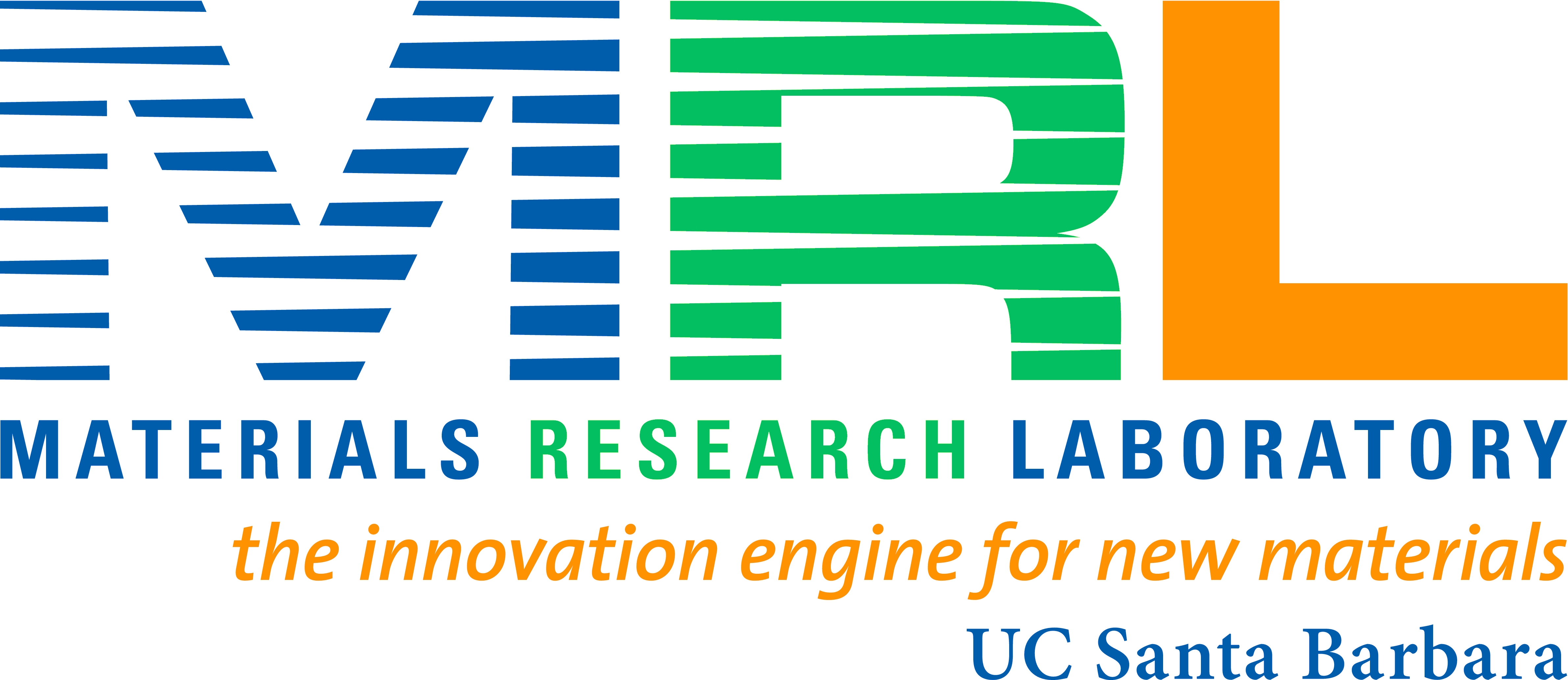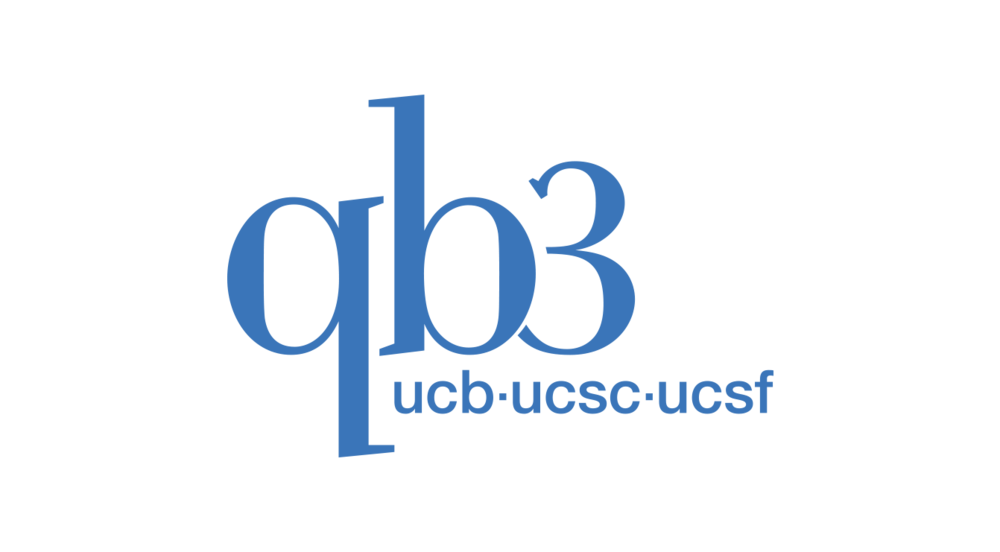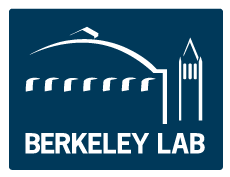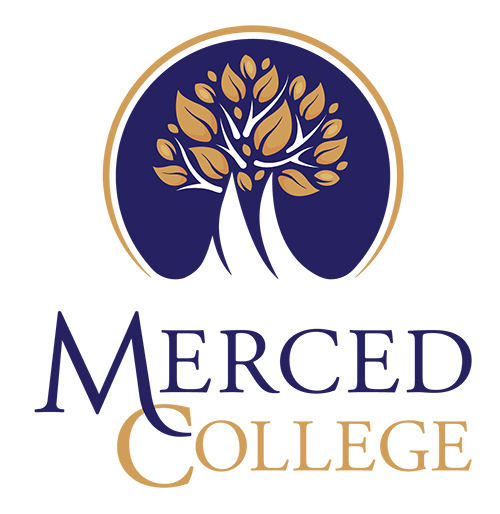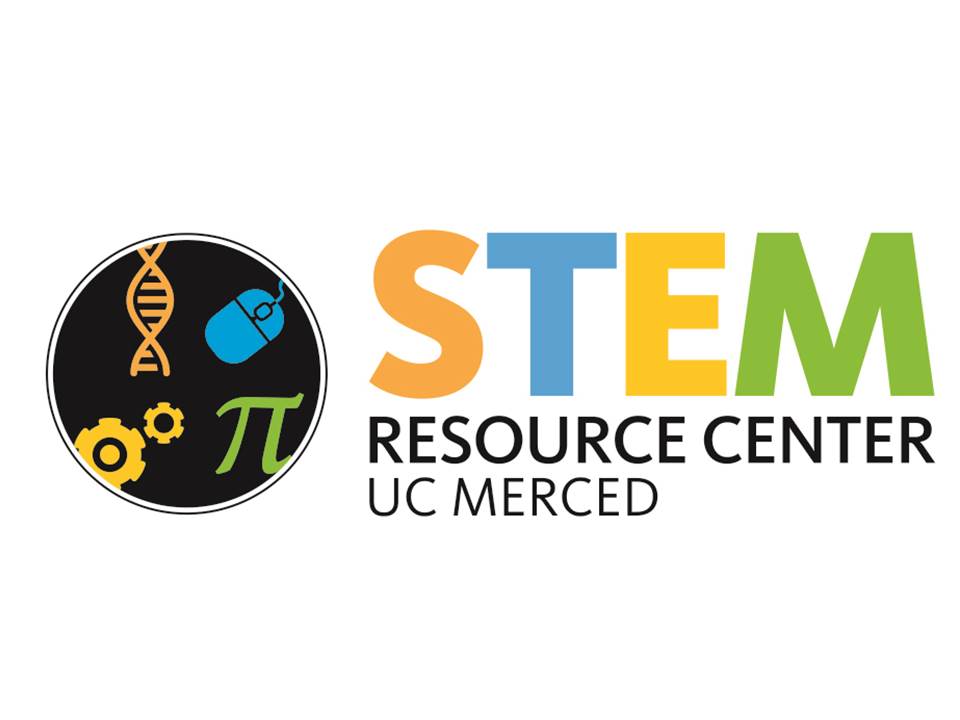All are welcome to attend the upcoming seminar hosted by CCBM's Thrust 1 - Biomolecular Machines. This seminar will feature UC Davis Assistant Professor of Physical Chemistry, Dr. Lee-Ping Wang.
CCBM Thrust 1 Seminar with Dr. Lee-Ping Wang, UC Davis "Computational prediction of metamorphic proteins using secondary structure prediction uncertainty"
Friday, August 16
*3:00 PM – 3:30 PM* updated time
SE1 270K
Recent discoveries in structural biology and protein NMR have revealed an increasing number of metamorphic proteinswhich are capable of possessing two or more stable three-dimensional folds and interconverting between these folds as part of their biological function. We hypothesize that a substantial portion of proteins in Nature possess undiscovered metamorphic behavior. ARO Life Sciences is funding a collaborative research effort with our research group (UC Davis) and Andy Liwang’s laboratory (UC Merced) to discover metamorphic proteins with cutting-edge experimental and computational methods. Our research group at UC Davis specializes in computational chemistry and we are developing methods for computational prediction of metamorphic behavior in proteins. Recently, we developed a method that evaluates protein sequences for possible metamorphic behavior based on the uncertainty of software predictions of secondary structure. We also compiled a data set consisting of ~200 known-metamorphic protein sequences and non-metamorphic protein families to evaluate classification methods for metamorphic behavior.
Lee-Ping Wang was born and raised in the San Francisco Bay Area. He majored in Physics at UC Berkeley and received a Physics B.A. in 2006. Following graduation, Lee-Ping enrolled in the Chemistry Ph.D. program in MIT with an emphasis in theoretical chemistry and received his Ph.D. in 2011; his thesis was titled “Theoretical Investigation of Solar Energy Conversion and Water Splitting Catalysis”. Lee-Ping then went to at Stanford as a joint postdoc in the research groups of Todd Martinez and Vijay Pande, where he developed methods and software for molecular simulation. In 2015, Lee-Ping started his current appointment as assistant professor at UC Davis, and he is building a research program that is broadly interested in discovering new chemical pathways and biomolecular structures using advanced simulation methods.

